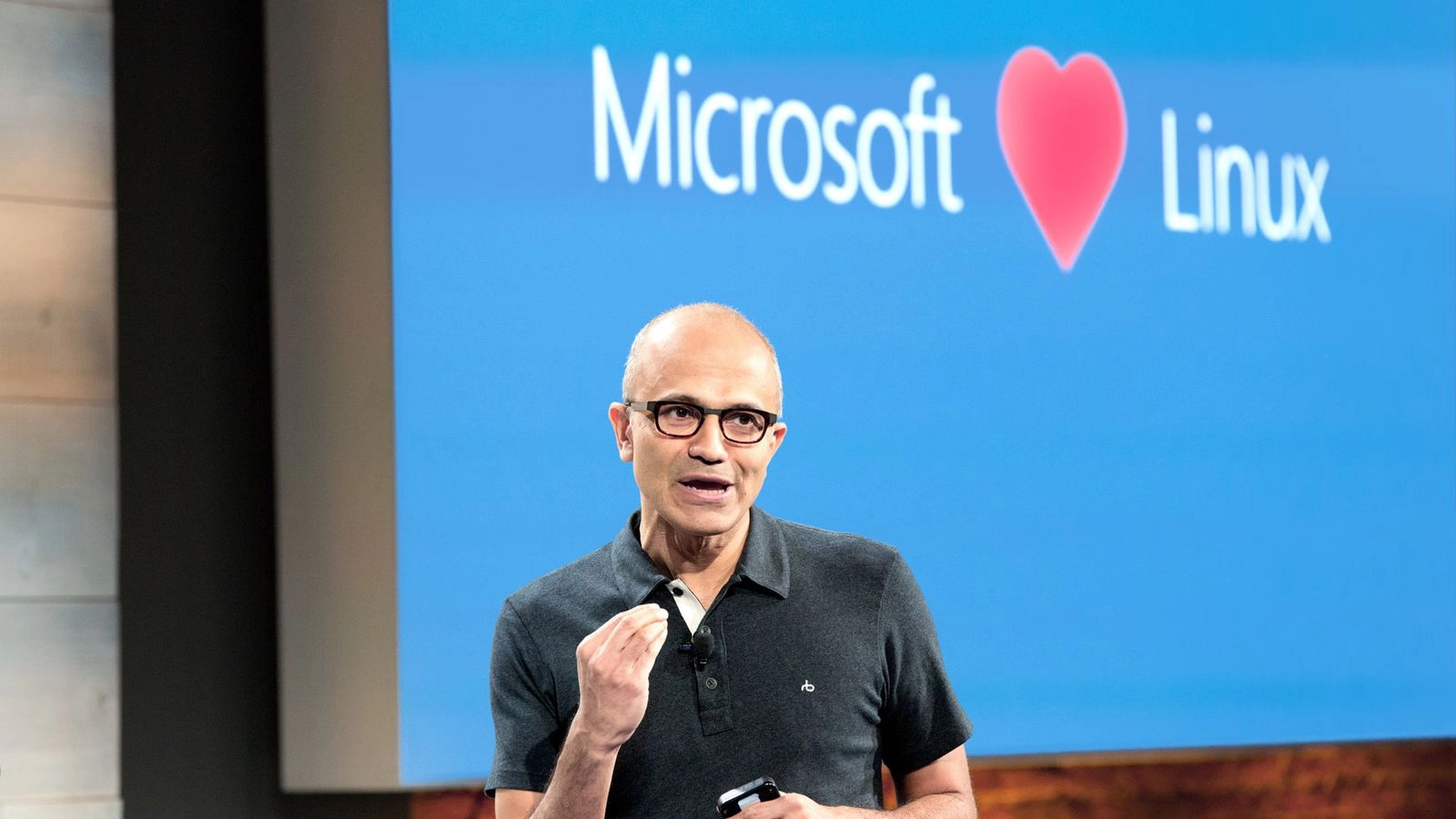Microsoft has transferred Mono, the open-source .NET framework, to the Wine project—a development that is notably surprising, highlighting that Mono is still operational.
Earlier today, the official Mono website announced Microsoft’s decision to hand over the framework, characterizing it as “a pioneer for the .NET platform on various operating systems, which has played a significant role in popularizing cross-platform .NET and facilitated .NET’s expansion into numerous new environments.”
This gesture (viewed by some as an offloading) assigns the Mono Project to the custody of Wine’s developers. New source repositories are now accessible online, and while Microsoft plans to maintain most of the existing Mono repositories (some in an archived state), binaries will continue to be available for about four more years.
However, they recommend that developers currently using Mono should consider moving away—just not necessarily to Mono’s new principal repository.
Instead, Microsoft “recommend that active Mono users and maintainers of Mono-based app frameworks migrate to .NET” which includes work from their own ‘modern fork’ of Mono, which is where most development has taken place in recent years.
For some context on why this news is of (passing) interest to Linux users, read on.
Monotonous Fear
In the past, I frequently wrote about a Mono-based music player known as Banshee. This application was quite popular among Linux users, and was even adopted by Ubuntu as the default music player for a period, as detailed in this article.
On the Linux desktop, Banshee was one of the most prominent applications built using the C# Mono framework (back when it was still written with a lowercase ‘m’). Other notable applications developed with Mono during that era included GNOME Do (later evolved into Docky), Pinta, and Tomboy.
Despite its utilization, Mono-based applications were often a topic of heated debate and significant attention on the Linux desktop. Because of my writings on such applications, a staunch FOSS-oriented website started labeling me as a ‘mono apologist’.
The skepticism within the open-source community surrounding Mono was noteworthy, especially considering its foundational roots. Mono was created in 2001 by Miguel de Icaza, notably recognized as the creator of GNOME, under the open-source initiative spearheaded by the company he co-founded, Ximian.
Mono was a controversial project because it re-implemented aspects of Microsoft’s .NET framework, the C# language, and certain libraries. A prevailing worry was that even minimal use by developers and Linux distributions could expose them to potential patent litigation from Microsoft.
This apprehension was more palpable at the time given Microsoft’s history of fiercely defending its patents and its overall stance against Linux. Thus, concerns of Mono being a potential trap were not unfounded or exaggerated.
Ubuntu, however, did not share these worries and included Mono-dependent applications such as Banshee, gBrainy, and Tomboy in its standard installation. Nevertheless, initiatives to exclude Mono from the default setup were successful by 2012, leading to the removal of all related applications.
After the acquisition of Ximian by Novell, which was later purchased by the Attatchmate Group Inc, most of the Novell personnel, including de Icaza and the Mono team, were dismissed. In response, de Icaza established Xamarin, reassembled the former team, and resumed development on Mono.
After a full journey, Xamarian was eventually absorbed by Microsoft (where de Icaza was employed until 2022), and Mono received an MIT relicense.
The once-dreaded patent concern ultimately proved unfounded, with subsequent licensing adjustments thoroughly alleviating any lingering worries about C#. Although Mono continues to be utilized across various applications on Windows, macOS, iOS, and Android, its adoption on Linux remained minimal.
Today, Mono transitions back into the realm of open source, guided by the skilled team at the Wine project.
Monotone Future
What does today’s announcement mean for the future of Mono?
Potentially a lot.
While Mono has stayed relevant under Microsoft’s direction (being truly cross-platform and utilized in various Android and iOS applications, etc), progress has been sluggish (with the last significant update in 2019) as Microsoft has prioritized its own branch and the broader .NET landscape.
However, with increased attention from Wine developers, who are experienced in open-source versions of proprietary frameworks, and the elimination of previous patent concerns, we may be on the verge of a renaissance for Mono — which could indeed be a positive development.
- These days, I’m a Microsoft apologist for covering Ubuntu on WSL occasionally
